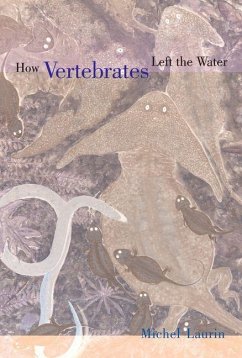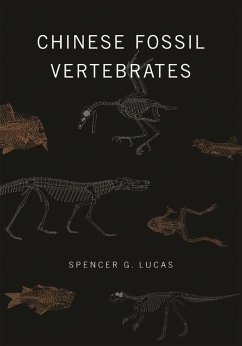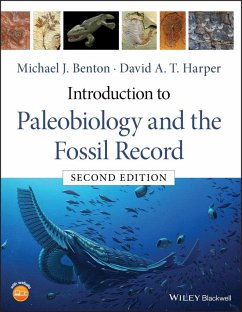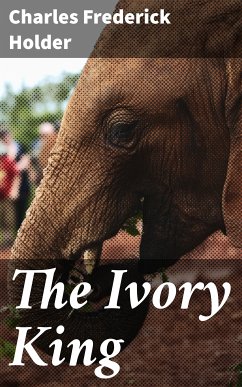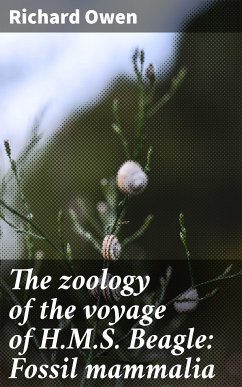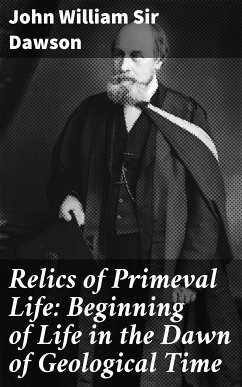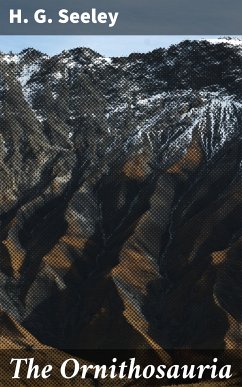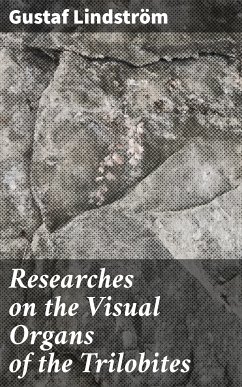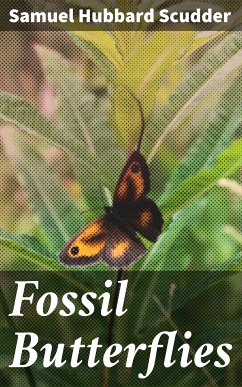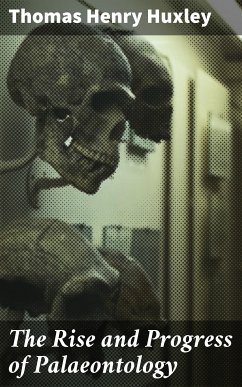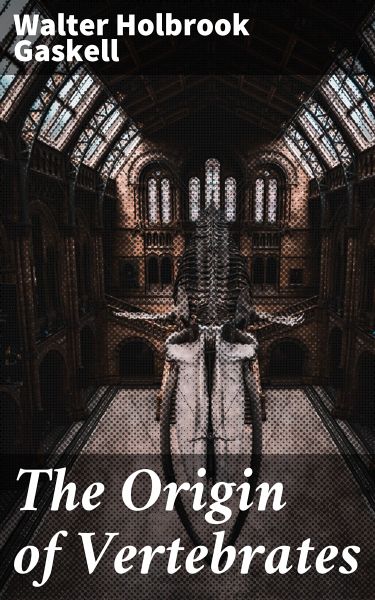
The Origin of Vertebrates (eBook, ePUB)
Enriched edition. Unveiling the Evolutionary Journey of Vertebrates
Kommentar: West, Ethan / Redaktion: Good Press
Versandkostenfrei!
Sofort per Download lieferbar
0,49 €
inkl. MwSt.
Weitere Ausgaben:

PAYBACK Punkte
0 °P sammeln!
In "The Origin of Vertebrates," Walter Holbrook Gaskell presents a meticulously researched examination of vertebrate evolution, seamlessly integrating anatomical studies with embryological findings. Through a detailed exploration of fossil records and comparative morphology, Gaskell elucidates the complex relationships among various vertebrate groups. His literary style is both analytical and descriptive, reflecting the scientific rigor of the late 19th century while remaining accessible to educated readers. This work stands as a pivotal contribution to the field of paleontology and evolutiona...
In "The Origin of Vertebrates," Walter Holbrook Gaskell presents a meticulously researched examination of vertebrate evolution, seamlessly integrating anatomical studies with embryological findings. Through a detailed exploration of fossil records and comparative morphology, Gaskell elucidates the complex relationships among various vertebrate groups. His literary style is both analytical and descriptive, reflecting the scientific rigor of the late 19th century while remaining accessible to educated readers. This work stands as a pivotal contribution to the field of paleontology and evolutionary biology, situated within the broader context of Victorian scientific inquiry, where the unveiling of natural history was at the forefront of intellectual discourse. Walter Holbrook Gaskell, a prominent British zoologist and comparative anatomist, was driven by a profound curiosity about the mechanisms of evolution and the interconnectedness of life forms. His extensive fieldwork and scholarly communications illuminated the gaps in existing vertebrate studies, prompting him to undertake this ambitious project. Gaskell's multidisciplinary approach is evident, synthesizing insights from embryology, paleontology, and comparative anatomy to craft a holistic understanding of vertebrate lineage. Readers with an interest in evolutionary biology or the history of scientific thought will find "The Origin of Vertebrates" an essential addition to their libraries. Gaskell's work not only contributes to a critical period in scientific history but also provides a foundation for contemporary discussions on vertebrate evolution. This book is highly recommended for those keen on understanding the intricate web of life's origins. In this enriched edition, we have carefully created added value for your reading experience: - A succinct Introduction situates the work's timeless appeal and themes. - The Synopsis outlines the central plot, highlighting key developments without spoiling critical twists. - A detailed Historical Context immerses you in the era's events and influences that shaped the writing. - A thorough Analysis dissects symbols, motifs, and character arcs to unearth underlying meanings. - Reflection questions prompt you to engage personally with the work's messages, connecting them to modern life. - Hand-picked Memorable Quotes shine a spotlight on moments of literary brilliance. - Interactive footnotes clarify unusual references, historical allusions, and archaic phrases for an effortless, more informed read.
Dieser Download kann aus rechtlichen Gründen nur mit Rechnungsadresse in A, B, BG, CY, CZ, D, DK, EW, E, FIN, F, GR, H, IRL, I, LT, L, LR, M, NL, PL, P, R, S, SLO, SK ausgeliefert werden.




